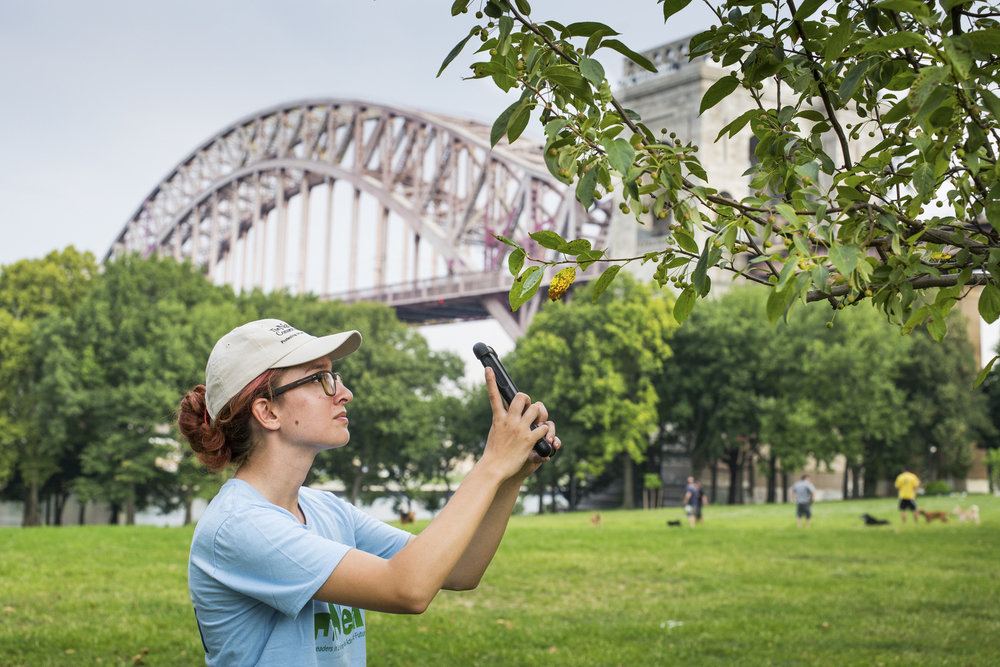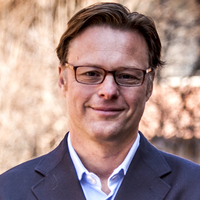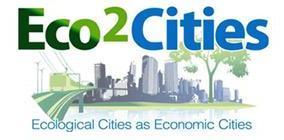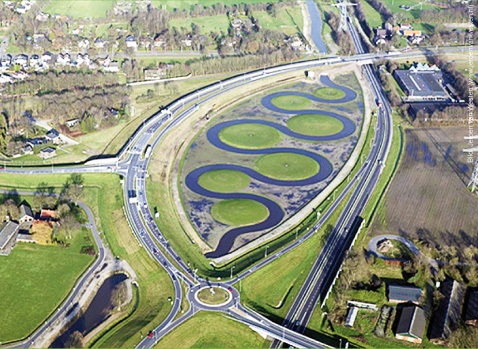- Ayrıntılar
-
Kategori: Ecological Cities

The Ecological Cities Project is a quasi-independent program of research, teaching, and outreach affiliated with the Department of Geosciences at the University of Massachusetts, Amherst.
Founded in 1999 by Dr. Rutherford H. Platt, the program seeks to promote sharing of knowledge and experience among disciplines, sectors, and urban regions regarding new approaches to urban greenspace creation and management.
About the EC Project
People
Overview
Goals
Activities
History
People
Rutherford H. Platt is the director of the Ecological Cities Project based at the University of Massachusetts, Amherst. The Project is staffed by a group of graduate students with related research interests. We also receive support and advice from an impressive National Steering Committee.
Return to Top
Overview
The Ecological Cities Project is a quasi-independent program of research and outreach affiliated with the Department of Geosciences at the University of Massachusetts, Amherst. It was started in 1999 by Dr. Rutherford H. Platt, a geographer and land use lawyer, and author of Land Use and Society: Geography, Law and Public Policy and Disasters and Democracy: The Politics of Extreme Natural Events, both published by Island Press. The program seeks to promote sharing of knowledge and experience among disciplines, sectors, and urban regions regarding new approaches to urban greenspace creation and management.
For more details on our mission, see our organizational diagram and project flier.
With the benefit of a National Science Foundation grant, the Ecological Cities Project is conducting a national study of new approaches to urban watershed and estuary management. This study is also helping to nurture a broad network of contacts with and among urban resource managers and researchers for the mutual benefit of their efforts and the ecological betterment of our cities and suburbs.
Return to Top
Goals
- Promote a better understanding of urban ecology;
- Regional capacity-building;
- Sharing of regional experience; and
- Optimize benefits of new and existing open space resources.
Return to Top
Activities
- Facilitation of regional Ecological Cities Symposia (organized locally);
- Research on urban ecological functions and management;
- Cross-fertilization among metropolitan greenspace programs;
- Publication of working papers, articles, and proceedings volumes;
- Outreach through participation in conferences, media contacts, op-ed columns; and
- Training of undergraduate and graduate students in relevant disciplines.
Return to Top
History
In 1990, Dr. Rutherford H. Platt, professor of geography and planning law at the University of Massachusetts, Amherst, organized a "Symposium on Sustainable Cities" at the Chicago Academy of Sciences which explored "place-based experience" involving urban watersheds, wetlands, floodplains, energy efficient landscaping, and urban wildlife. The Ecological Cities Project grows out of that conference. Sixteen papers prepared for the symposium were published as The Ecological City: Preserving and Restoring Urban Biodiversity (Platt, Rowntree, and Muick, eds. 1994) which received an award from the Boston Society of Landscape Architects.
The first in this national series of regional Ecological Cities Symposia was held at Boston College on November 6-7, 2000 under the local auspices of the Boston College Watershed Institute. That event, which was supported in part by the Lincoln Institute, creatively blended the perspectives of natural scientists, design professionals, and lay activists. Through invited speakers, it compared regional experience in Boston, Chicago, St. Louis, Baltimore and elsewhere. Next, in March 2001, the University of South Carolina hosted a conference focusing on Columbia followed by a symposium organized by the ECP in New York City in honor of the late William H. Whyte in June 2002. Most recently, the University of Wisconsin-Milwaukee Center for Urban Initiatives and Research hosted a conference in May 2004. Future symposia are under discussion in Pittsburgh and Portland. Oregon.
Return to Top














